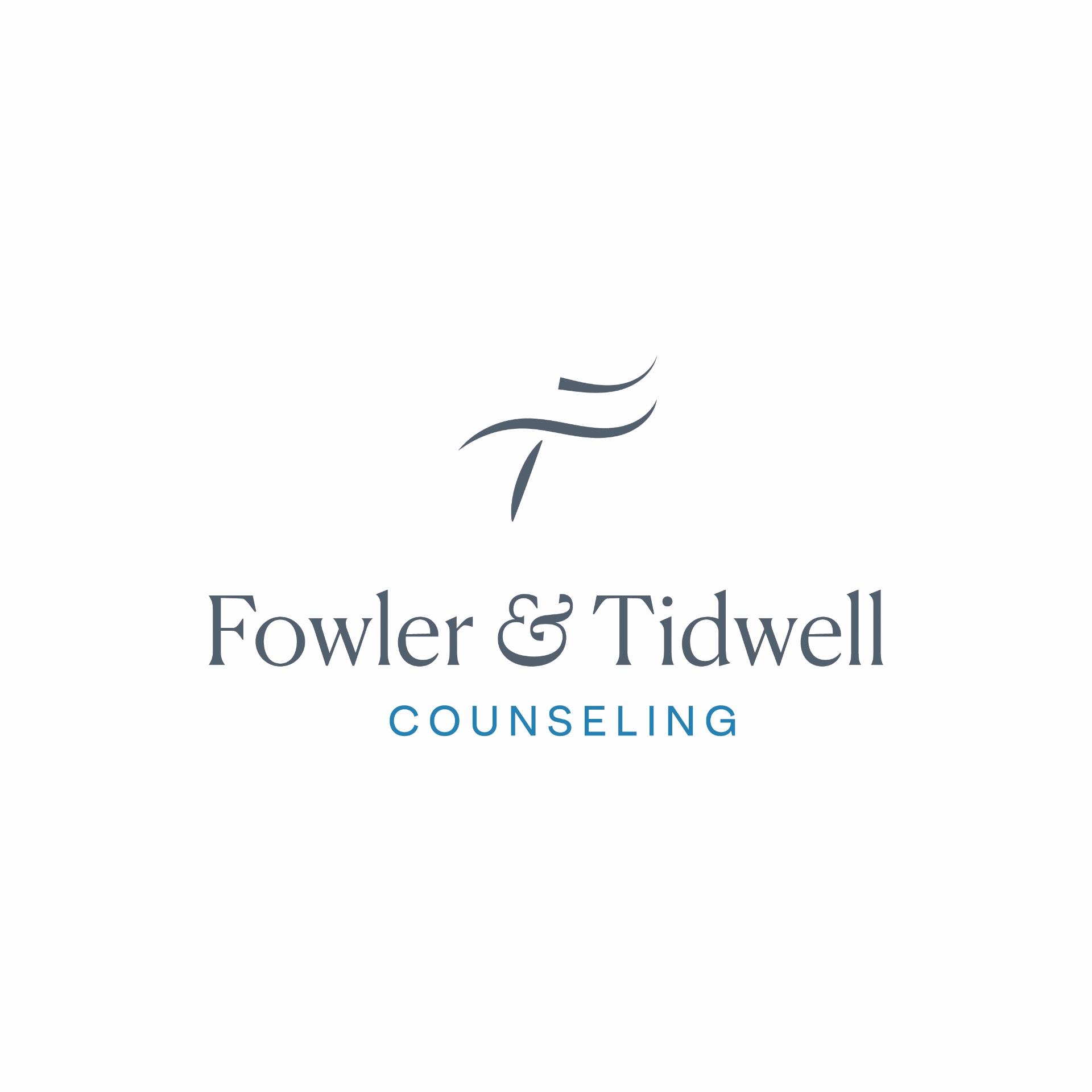Fear of Abandonment

“Abandonment is about loss of love itself, that crucial loss of connectedness. It often involves breakup, betrayal, aloneness—something people can experience all at once, or one after another.” — Susan Anderson
Fear of abandonment is something many people quietly struggle with. It’s not a diagnosis you will find in a manual, yet it can shape anxiety, deepen depression, and intertwine with experiences of trauma. Like so many things that influence our emotional lives, fear of abandonment is not something we choose as children or adolescents. We do not choose our parents, the environments we grow up in, or the people who enter and exit our lives. We don’t choose our original wounds, but eventually, as adults, we must learn how to tend to them.
Fear of abandonment is often a daily negotiation. It can show up in subtle ways, hesitating to trust, bracing for loss, needing reassurance or in more visible patterns like pulling away, clinging tightly, over-accommodating, or expecting rejection before it happens. And just as significantly, it shapes the relationship we have with ourselves.
One overlooked manifestation is hyper-independence, a coping skill that society, especially American culture, often celebrates. It signals strength, resilience, and autonomy on the surface. People may praise you for “doing it all,” never needing help, never depending on anyone. But sometimes hyper-independence is not freedom; it’s fear in disguise. It can be the fear of vulnerability, of accepting support, or of being in a position where someone might let you down. And because this coping skill is rewarded, it becomes harder to recognize it as a response to past wounds rather than a true expression of emotional health.
Many of the ways we cope, over-functioning, staying guarded, refusing help, were adaptive once. They protected us. But when those same strategies follow us into adulthood, they can create distance, burnout, and disconnection. They can keep us from the intimacy we want or from feeling safe in relationships, even when safety is available.
One of the first steps in healing is learning how to hold space for yourself. That begins with self-compassion and self-validation: acknowledging that your fear didn’t appear out of nowhere, and that it makes sense considering what you lived through. Self-awareness allows you to recognize when your fear is activated when you want to run away, avoid, attach too quickly, or become fiercely self-reliant. Instead of reacting automatically, you can choose to pause, breathe, and consider what you actually need at that moment.
Healing invites us to slow down the revolving door of what ifs and choose intentional responses rather than fear-driven ones. It invites us to build tolerance for discomfort, to stay connected even when vulnerability feels risky, and to create boundaries that honor our needs without abandoning ourselves. Healing also calls us into self-inquiry, a gentle, honest curiosity about why we react the way we do, what we fear, and what we need. And just as importantly, it requires flexibility and willingness: the openness to try new ways of coping, even when the old patterns feel safer and more familiar. This kind of flexibility is not about forcing ourselves to “be different,” but about slowly expanding the range of choices we have. As we practice this, we begin to show up with a more authentic version of ourselves, one that is not shaped entirely by fear, but guided by self-awareness, compassion, and the courage to relate to others from a grounded place.
Ultimately, the work is not about guaranteeing that no one will ever leave, because relationships are inherently voluntary. Instead, it’s about cultivating the belief that you can handle life even if someone does, and that your worth is not determined by who stays or who goes. If abandonment was once something that happened to you, healing is the process of reclaiming what happens next so you can build a life worth living.
Written by Yonairy Blanco Caba, LPC. To book an appointment, click here!

